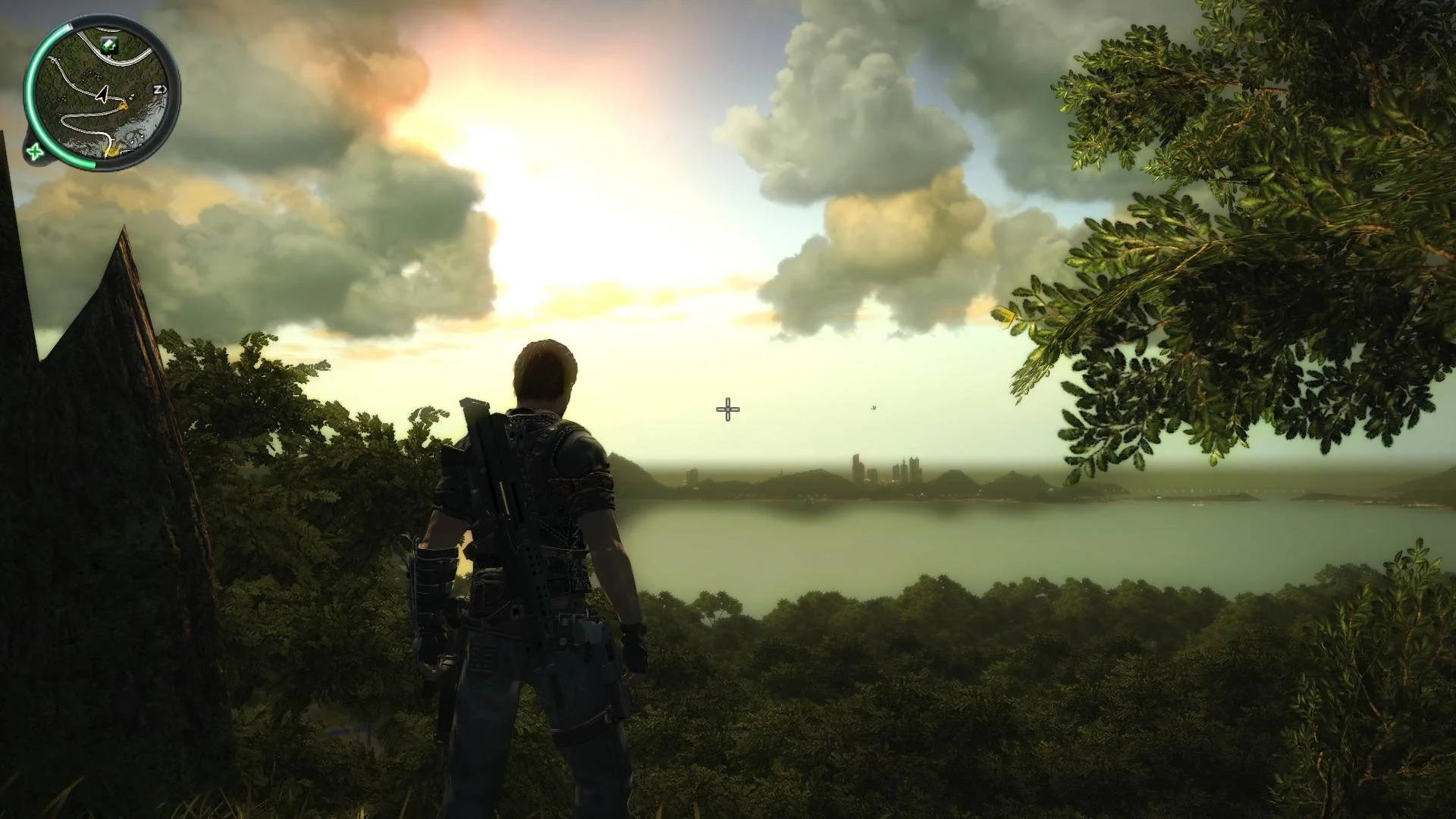Source of Inspiration: My Video Games
I talked at length in a previous post about my experiences growing up reading while also logging a large amount of hours in front of the TV playing Nintendo games. Over the years, I've read what amounted to entire stories within a select number of games (I'm looking at you, The Elder Scrolls series). At the same time, I tended to gravitate toward games that had quite a bit of reading in them and, for the most part, required a decent level of reading comprehension if you wanted to understand what was happening throughout the game, plot-wise.
However, one aspect of the world of video games that I didn't talk much about was how inspiring they were to me. And still are, as I am an active gamer today, even as I write short stories and full-length novels alike.
“Over the centuries, mankind has tried many ways of combating the forces of evil... prayer, fasting, good works and so on. Up until Doom, no one seemed to have thought about the double-barrel shotgun. Eat leaden death, demon...”
“What is a drop of rain, compared to the storm? What is a thought, compared to the mind?”
Over the years, dozens of games have come to shape several aspects of my life. Because my parents surprised me with a random gift of SimCity for the SNES one day after school, the seeds for my love of urban planning, mass transit, and map collecting were planted. Thanks to the procedurally-generated world histories that came out of every game in the Civilization series, I grew to appreciate real-world history and the cultures that used to be.








“War. War never changes.”
“Male…female…what’s the difference? Power is beautiful, and I’ve got the power!”
As I got older, the influences of gaming shifted, in many cases, from the games themselves to the people that created them.
Shigeru Miyamoto. Sid Meier. Will Wright. John Carmack. Hironobu Sakaguchi.
Their personal and professional histories, as much as their philosophies concerning programming, storytelling, and life, proved to be incredibly inspiring.




“What if everything you see is more than what you see—the person next to you is a warrior and the space that appears empty is a secret door to another world? What if something appears that shouldn’t? You either dismiss it, or you accept that there is much more to the world than you think. Perhaps it is really a doorway, and if you choose to go inside, you’ll find many unexpected things.”
I have experienced moments of sadness and bouts of joy. I've jumped out of my seat, reveling in the excitement and climactic scenes as they unfolded. I've remained seated, contemplating my next move as I reviewed the world map on the screen in front of me. I've paused my games and simply explored the world that I created, imagining the lives of those that lived within it, following their day-to-day commutes and observing a single entity from the moment they leave for work until the sun sets and they head to the park for some R&R.
I've grown up on video games - this is something that cannot be denied. However, I see the value in being able to explore and interact with the vast worlds that are possible thanks to them. Being able to let your mind sink into a book is something we all, as writers, have to do. Reading is, as Stephen King once said, as important as writing. The interactive experiences that games bring to the table is another form of narrative storytelling altogether. Even the games that do not have books and books worth of content in them can still provide a universe worth tens of thousands of words - in those cases, it's up to you to create your own stories as you play.
Those are some of the greatest games of all.


